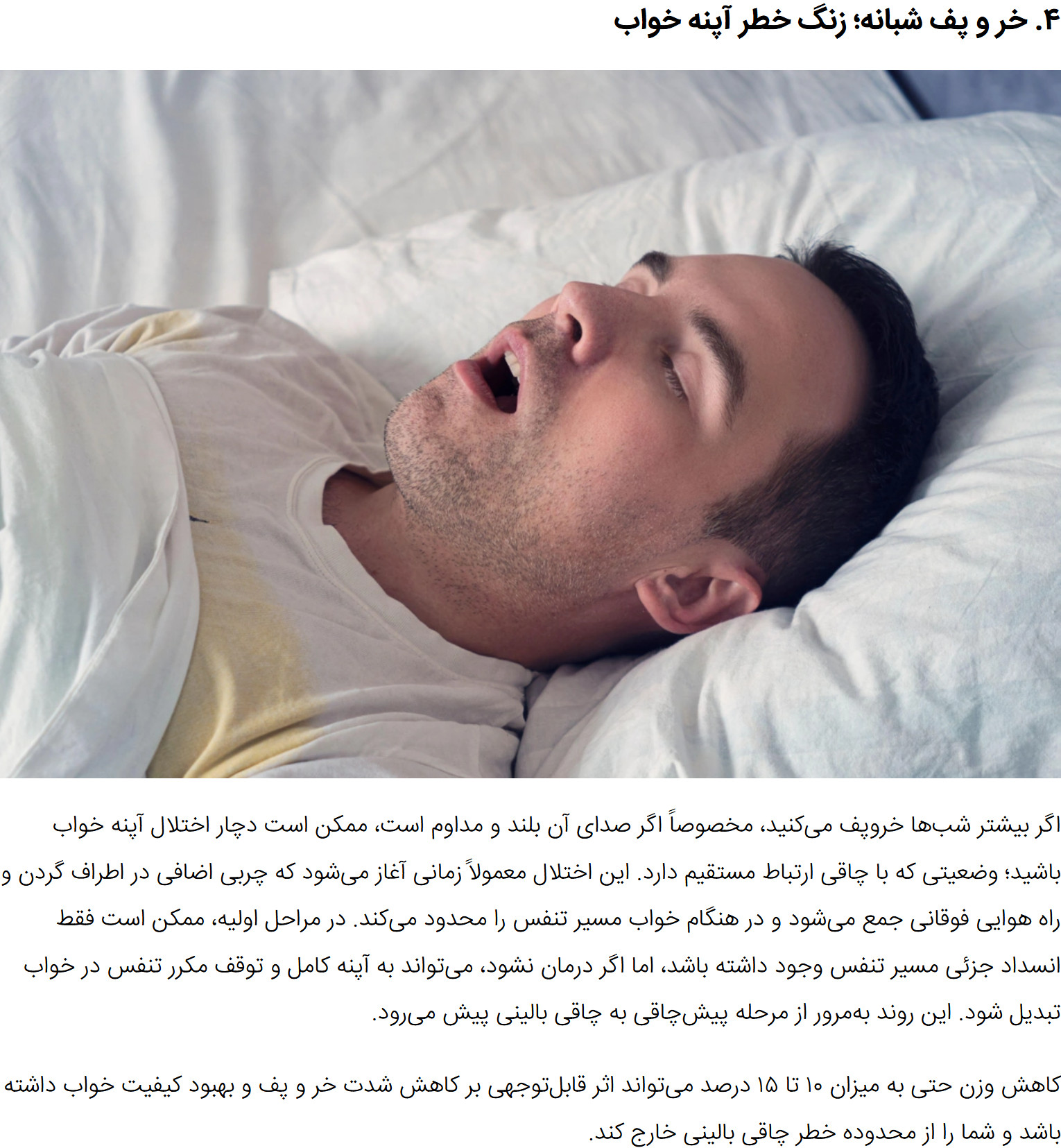Snoring at Night: A Warning Sign of Sleep Apnea
Loud and persistent snoring is more than just a nuisance—it can be a serious warning sign of sleep apnea, a potentially dangerous condition that is closely linked to obesity. If you or those around you notice that you snore throughout most of the night, it may be time to pay attention to what your body is telling you.
Sleep apnea occurs when breathing is repeatedly interrupted during sleep. In people with excess weight, particularly around the neck and upper airway, fat deposits can narrow the airway and restrict airflow. At first, this may cause partial obstruction, resulting in loud snoring. Over time, if left untreated, it can lead to complete airway blockages—known as apnea episodes—where breathing stops for several seconds at a time.
This cycle of interrupted breathing reduces oxygen levels in the blood and can disrupt deep, restorative sleep. It also places extra stress on the heart and increases the risk of high blood pressure, cardiovascular disease, and diabetes. Sleep apnea is often observed in individuals transitioning from the pre-obese stage into clinical obesity.
The good news is that weight loss can significantly reduce the severity of sleep apnea. Losing just 10 to 15 percent of your body weight can lead to noticeable improvements in breathing during sleep and reduce or even eliminate snoring. Better sleep quality, in turn, helps regulate hormones and metabolism, making further weight loss easier.
Recognizing persistent snoring as a sign of a deeper issue like sleep apnea is critical for protecting your health. Early intervention through weight management, medical evaluation, and lifestyle changes can prevent complications and dramatically improve your quality of life.

